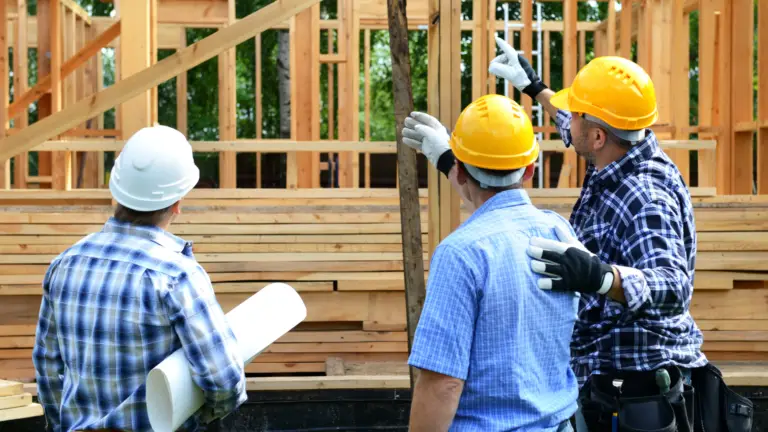Continuous improvement is key in any construction project. Whether you’re building a home, a commercial building, or infrastructure, optimizing the process and outcomes is crucial. In this blog, we will explore practical strategies to enhance a construction project, from planning to execution, ensuring an efficient and high-quality endeavor.
To view AH Construction’s projects click HERE
1. Detailed Planning:
Planning is the essential first step in enhancing any construction. Develop a detailed plan that includes precise specifications, realistic timelines, and well-calculated budgets. Thorough planning sets the foundation for a successful project.
2. Selection of Quality Materials:
Construction materials are the building blocks of your project. Opt for high-quality materials that suit the specific needs of your construction. Durability and resilience are key to ensuring long-term results.
3. Implementation of Innovative Technologies:
Emerging technologies can significantly improve efficiency and accuracy in construction. Consider implementing tools such as prefabricated construction, augmented reality, and project management with specialized software to optimize the process.
4. Hiring Competent Professionals:
The construction team is a vital component for project success. Ensure you hire competent professionals, from architects and engineers to construction workers. A skilled team can carry out the work efficiently and with high quality.
5. Rigorous Quality Control:
Establish a rigorous quality control system at every stage of the project. Conduct periodic inspections to ensure that every aspect of the construction meets established standards and specifications.
6. Energy Efficiency and Sustainability:
Integrate energy-efficient and sustainable practices into your construction. This not only contributes to the environment but can also generate long-term savings in operational costs and maintenance.
7. Effective Waste Management:
Implement an effective waste management system during construction. Proper sorting and recycling are not only environmentally responsible but can also reduce costs associated with waste disposal.
8. Transparent Communication:
Encourage open and transparent communication among all parties involved in the project. Clear and consistent communication helps prevent misunderstandings and ensures that everyone is aligned with the goals and expectations.
9. Ongoing Staff Training:
Ensure that staff is up-to-date with the latest construction techniques and regulations. Ongoing training ensures that everyone is aware of best practices and can enhance efficiency in the workplace.
10. Post-Project Evaluation:
Once construction is completed, conduct a thorough evaluation of the project. Identify areas for improvement and lessons learned that can be applied in future projects.
In summary, enhancing a construction involves a combination of meticulous planning, the use of innovative technologies, effective team management, and a focus on quality and sustainability. By adopting these strategies, you can optimize your construction projects for exceptional results.
To view AH Construction’s projects click HERE




